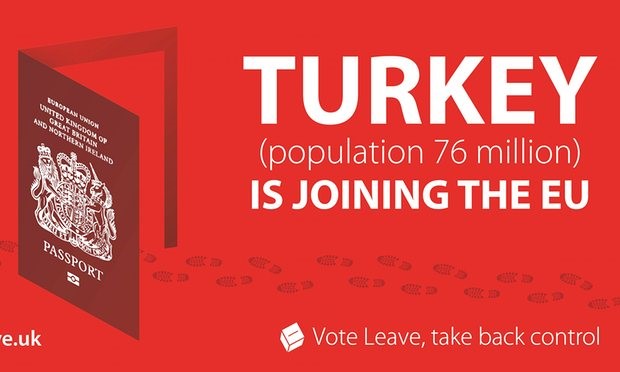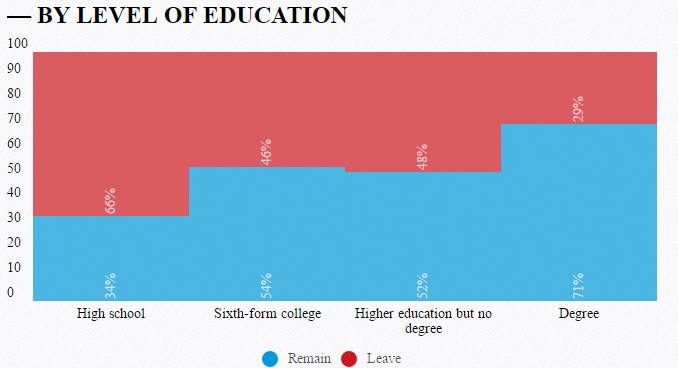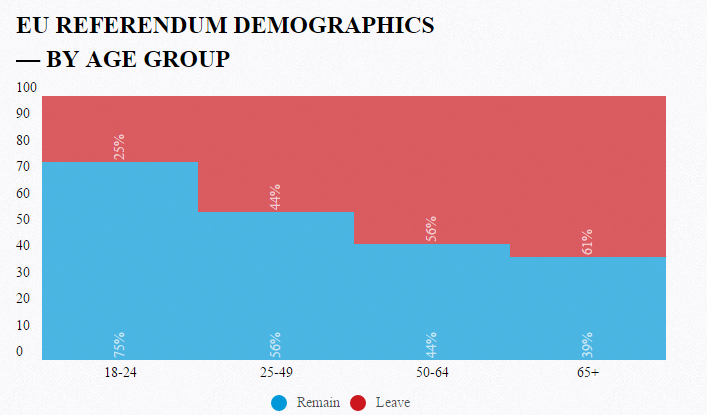Given recent events, we have decided to host a last-minute discussion titled UK ‘Leaves’ EU: Implications for Europe and lessons for New Zealand. See the flyer below and visit the NationVoicesNZ website for more information.
Dr Bernard Cadogan has agreed to give a lunchtime talk at the McGuinness Institute this Friday, 1 July 2016. He will discuss his thoughts on the United Kingdom’s decision to ‘leave’ the European Union. Dr Cadogan’s talk will be followed by a Q&A session and a light lunch.
UK ‘Leaves’ EU: Implications for Europe and lessons for New Zealand
12.00 pm – 1.00 pm (followed by a light lunch) on Friday, 1 July 2016
McGuinness Institute, Level 2, 5 Cable St, Wellington, New Zealand
Please register your interest here.
About Dr Bernard Cadogan
Dr Bernard Cadogan was educated at the University of Otago, later graduating from the University of Oxford with a Doctor of Philosophy. Bernard has recently returned from the United Kingdom and will be working in the Vice Chancellor’s office at the University of Waikato from August 2016. He is currently a consultant at the New Zealand Treasury. As well as a political historian, he is a published poet. He has served as a political advisor to Hon. Bill English, Rt Hon. Dame Jennifer Shipley, Rt Hon. Simon Upton and Hon. Trevor Mallard. Cadogan held a post-doctoral fellowship at the Stout Centre of Victoria University of Wellington from 2011 to 2012. His studies specialise in constitutional thought and race relations reconciliation, and in the history of the political ideas relating to imperialism and colonisation.
EU referendum demographic by age group
Brexit sentiments among young people in the UK – by Sally Hett
The Institute’s head of research Sally Hett is currently in Europe and acting as our UK correspondent at this time of global change and uncertainty. There are many opinions on Britain’s decision to ‘leave’ the EU and Sally hopes to provide some insight into how the young people she met feel.
Every young person that Sally spoke to before the referendum did not believe Brexit could become reality. They have been proven wrong. The sense of numbness and shock across Europe is unprecedented as the future is unknown. One young person said their CEO sent an email to the whole office saying ‘I know most of you are disappointed, as am I, but we need to keep up our heads up and stay strong’. Another thought they had read the news wrong and needed multiple sources to be convinced Brexit was reality.
The key issues with Brexit that Sally discussed with young people were:
- Legacy: This is not the legacy that young people wanted to leave behind.
- Xenophobic: Some young people feel the leave campaign’s rhetoric has fuelled fear and anger in the UK with a key message being xenophobia and anti-immigration. The racist undertones of campaign posters demonstrate this. A controversial ‘Vote Leave’ campaign poster:

- Turning your back is never the solution: Brexit was not fuelled by hope for a different future, but turning away from the current EU-centric future. The idea that Britain must close its boarders and isolate itself to remain ‘safe’ is thought by young people to be naive and impractical given the level of global interconnectedness. The leave campaigns slogan; vote leave, take control, exemplifies the isolationist approach.
- Democracy: It was argued that leaving the EU would increase Britain’s level of democracy. However, some young people are questioning how democratic their current system of governance is with their monarch and unelected House of Lords.
- Opportunities: As you can see in the graph below, the older age groups predominately voted to leave, compared with the younger groups. This generational disparity is contributing to a degree of hostility between generations as young people feels stripped of the opportunities that older generations enjoyed. Significant opportunities highlighted were the freedom to work abroad and ability to participate in the Erasmus university abroad programme.
As the initial shock begins to wear off, young people are coming to terms with the decision to leave the EU. Sally hopes the discontent between generations eases because we need to move forward together, in whatever direction that may be.



